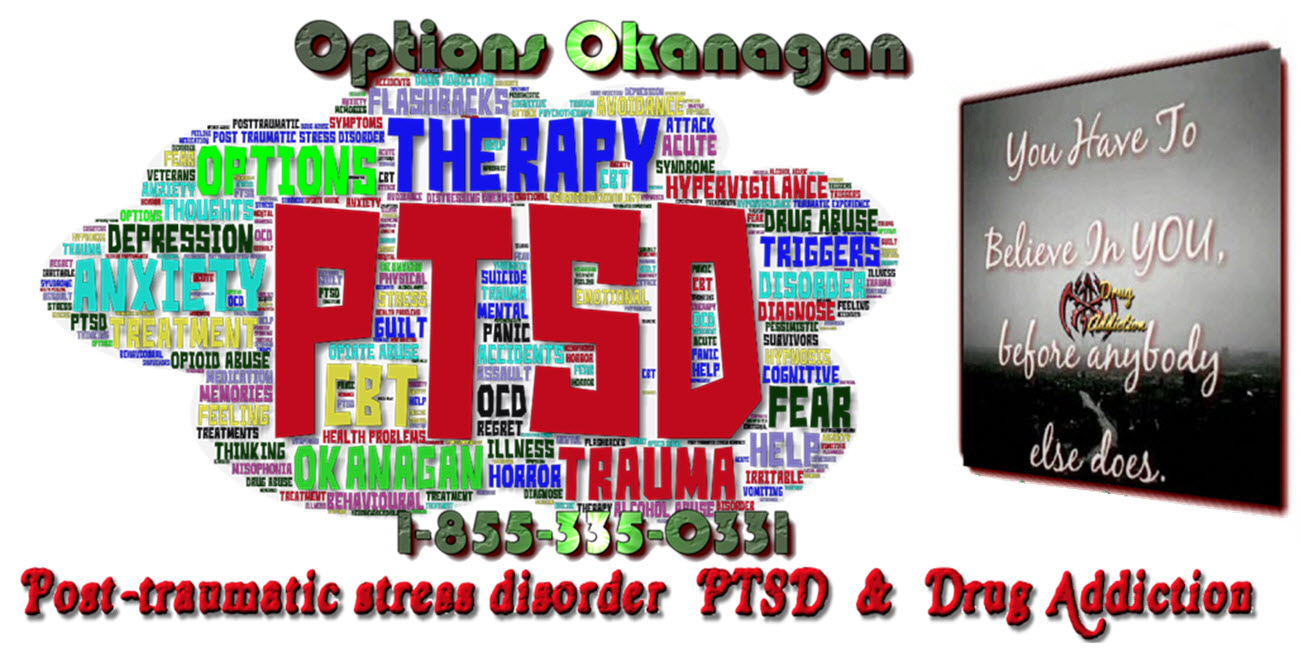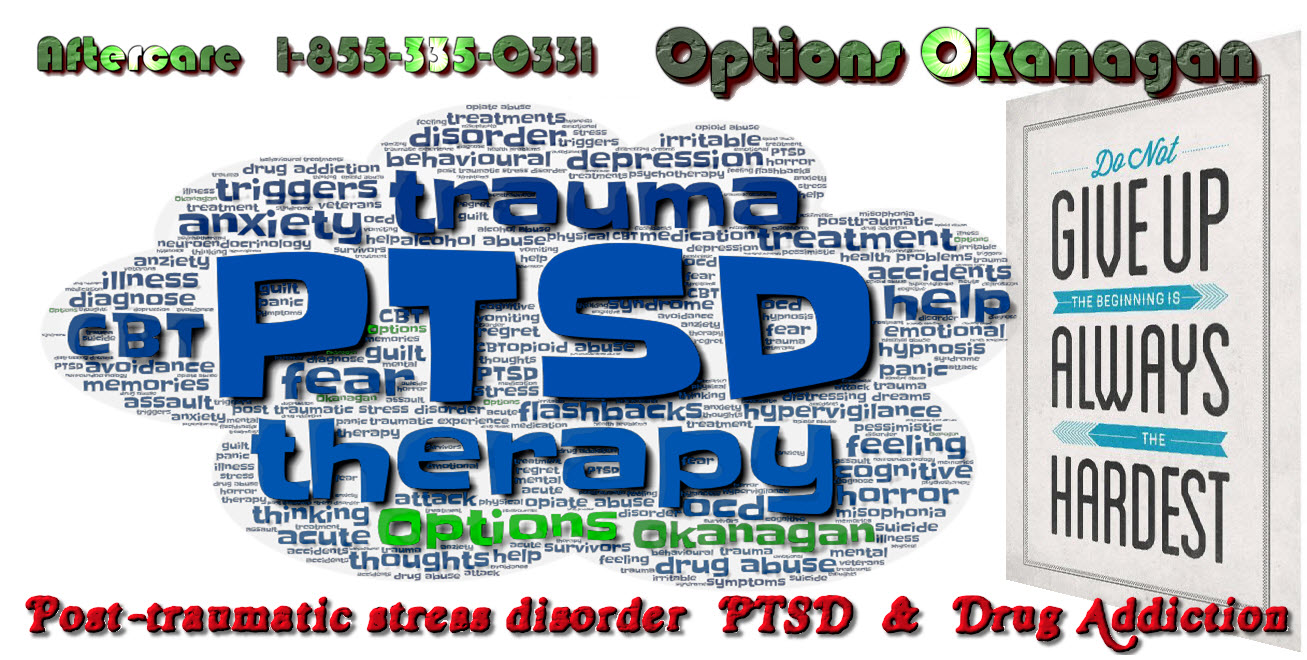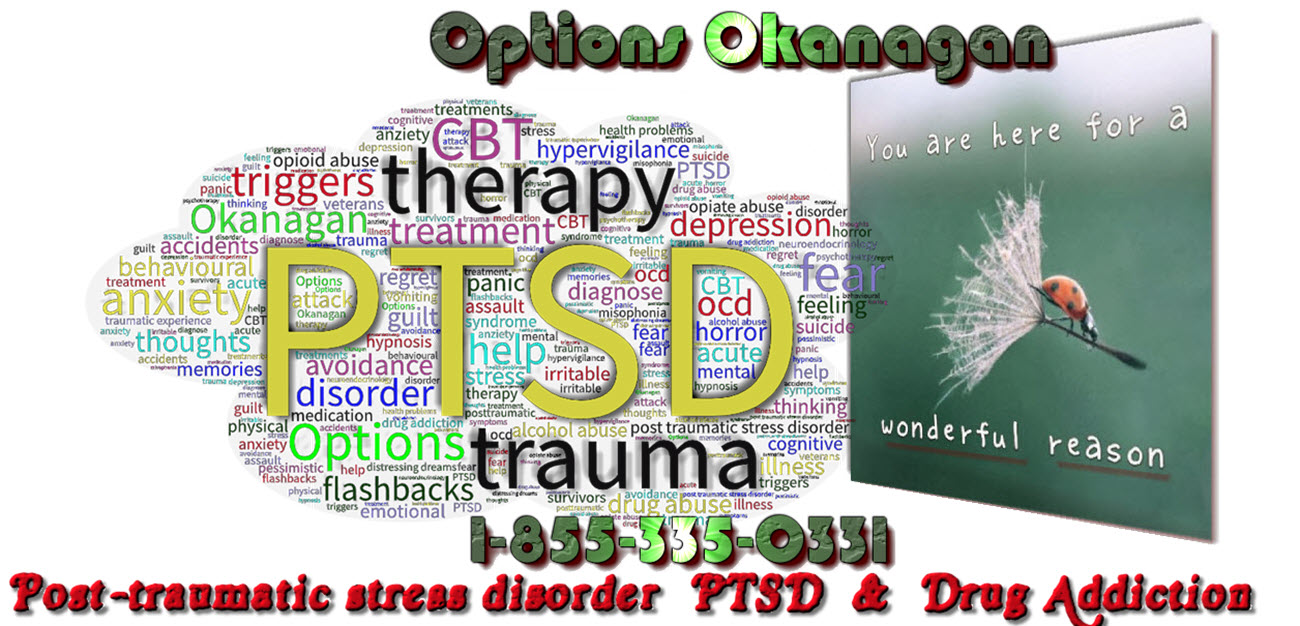What are the major effects of good or bad nutrition on mental health? Mental Health Disorder Programs In Alberta And BC – Drug rehab programs in Alberta and British Columbia – Options Treatment Center in Kelowna, British Columbia treating drug, opiate, fentanyl, heroin, and alcohol addiction and recovery.
Drug Rehabs In Alberta And BC
There is an ongoing belief that nutrition plays an important role in an individual’s mental health. But is that true or not?
Recent and previous studies have shown that diet (or bad diet) has an impact on the way the brain works, moods, and behaviors.
For instance, someone who skips meals seems weak, unfocused, and irritable. This case is exacerbated if it is extended for a certain period of time, if the person is very sensitive to their environmental needs and does not care, which indicates reduced reaction time.
Mental Health Disorder Programs In Alberta And BC
This behavior occurs because of poor brain nutrition. The brain needs a lot of energy and nutrition. In fact, the brain requires about 25% of the total body’s energy expenditure at rest. In this way, any change in diet or nutritional level directly reflects mental function.
Chronic energy shortages, as in the case of malnourished individuals, cause the body to stagnate by reducing its activity and directing all of its energy sources to systems that require a greater supply of energy. This leads to changes in activity levels, changes in hormone levels, reduced efficiency of the immune system and the transport of nutrients and oxygen to certain parts of the body, all of which can directly or indirectly affect mental health. Individuals with very low nutritional food intake tend to be sad, depressed and emotional compared to individuals with an adequate diet.
Newborns and fetuses are also vulnerable to brain damage if they lack nutrition. The nature and extent of the damage depend on the severity of malnutrition. It is also proven that malnutrition in infants causes a low level of intelligence, cognitive disability, and dysfunction.
When a person consumes vitamins, proteins, carbohydrates, and lipids they work individually in the brain. This lack of important nutrients causes changes in the activity of neurotransmitters, chemical components in the brain that transmit nerve impulses from one nerve cell to another. Transmitter damage can affect mood, thinking, and even sleep patterns. In addition, the lack of food can damage nerve cells, which can affect cognitive and mental function.
Neurotransmitters consist in part of amino acids, the building blocks of proteins. Tryptophan, for instance, is a neurotransmitter of serotonin. If the required amino acids are lost, the function of the neurotransmitter cannot be performed, which affects the normal functioning of the brain. If there is a lack of protein and an inability to supply the amino acids needed for serotonin production, the body will experience a bad mood and possibly aggression. On the other hand, diseases, where certain amino acids can accumulate, can cause brain damage and thus interfere with one’s mental health.
Mood adjustments can also be associated with adequate dietary fat intake. Several studies have shown inconclusive results about the relationship between serotonin levels and omega-3 fatty acids, a type of fat found only in white fish, with stress and symptoms of bipolar disorders, these are mood disorders that also represent mania as well as depression.
Eating nutritional or not directly or indirectly affects a person’s mental health. Changes in a person’s food intake can cause changes in mental health and vice versa.
Options Okanagan Opiate and Alcohol Treatment Centers in Kelowna, Salmon Arm and Vancouver, British Columbia – Men and Women are recovering and healing from Alcohol and Drug Abuse at our treatment center here in the Okanagan right now.
Our unique and distinctive Opiate Drug and Alcohol treatment program allow men and women to come in from Calgary as well as Edmonton as we offer airport pickup.
Numerous clients come to us from Vancouver, Calgary, and Edmonton and other locations in Alberta and even other provinces for Opiate addiction treatment, heroin drug treatment, many other drugs, and alcohol addictions for rehabilitation because of the uniqueness of our treatment center.
Our (Kelowna) Alcohol and Drug Treatment Program Location:
(Not Mailing Address) – Contact Us – Web Page
For Mail Delivery :: Please contact each center for correct mailing addresses, also this location is the location of our residential treatment programs in Kelowna. Please call Toll Free 1-855-335-0331 – to contact the treatment center you are going to for the address and directions.
Options Okanagan Drug and Opiate Treatment Center
551 Sherrydale Crescent, Kelowna, British Columbia, V1V 2E6
Toll-Free Phone Number: 1-855-335-0331




